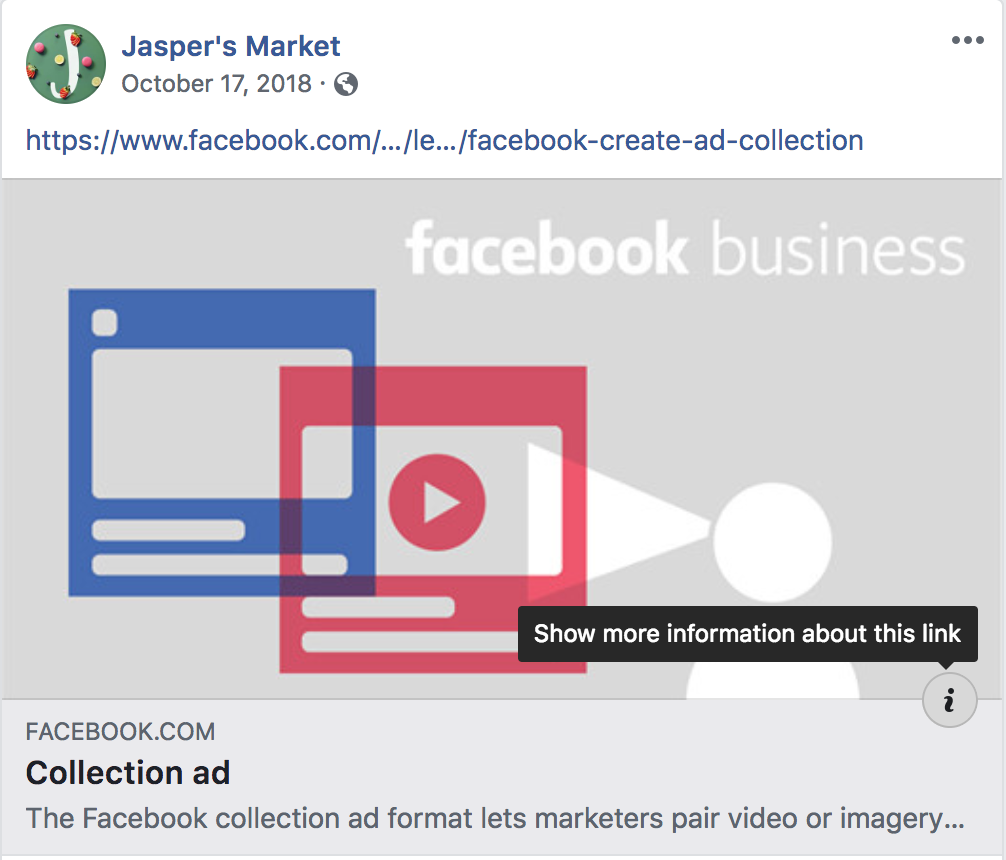We recently talked about the importance of authenticity when it comes to pharma marketing, about how being authentic can lead to stronger connections with our audiences, and how doing so doesn’t mean we have to sacrifice relevance or accuracy in our content. And given that fake news is everywhere — not just in the political realm — accuracy is more important than ever, particularly with respect to conveying health information.
Spreading Like Wildfire
Snake oil salesmen have always been around, but back in the day, their misinformation took time to spread. Not anymore. Fake news – including health news — spreads faster, deeper, and more widely than the truth, according to a March 2018 report in Science. But why?
Writing in Forbes recently, one medical journalist noted, “ … fake medical news achieves success because it delivers hope and promises attractive, easy and readily available solutions to common health problems or concerns. By contrast, real medical news often only can deliver, at best, a far more nuanced perspective, offering tentative hope for more modest success.”
In a review of the top 100 most popular health articles of 2018, researchers from Health Feedback — a health and medical news fact-checking organization — found that 75% of the top 10 shared articles were either misleading or included some false information.
“This means that the general public is more likely to come into contact with misleading information than accurate [information] on social media,” the research team concluded.
While much of fake medical news is unwittingly shared by concerned loved ones, other intentionally misleading content comes straight out of advertising. The Daily Beast recently ran a story about nearly 150 anti-vaccine Facebook ads targeting young mothers in states hit hard by measles outbreaks.
Things have gotten so worrisome, in fact, that the AMA Journal of Ethics is calling on healthcare providers to steer their patients right when they share false or misinformed beliefs. But why should HCPs shoulder this burden alone? Pharma marketers can help.
Enlist Social to Build Credibility While Preserving Accuracy
It’s no secret that pharma has a credibility problem. Detractors often focus on adverse events, high prices, and issues of accessibility. One way to help build trust between brands and consumers — and brands and HCPs — is to provide reliable information about health conditions and how to treat them. Pharma marketers can also help correct misinformation when we see it, and one place we can do that is on our social properties. Intouch’s social team offers these tips:
- Be in control of your owned content. The FDA only requires brands to correct misinformation a user posts on the brand’s owned content. Brands are not required to monitor other users’ content for incorrect claims. Intouch always recommends having a process in place to help respond to users in a timely manner with the correct information, and in some instances, we’ll recommend hiding or deleting the inaccurate comment to prevent others from reading misleading information.
- Keep a pulse on what others are saying about you. It’s helpful to conduct social listening on a regular basis in order to gather information about how other users are talking about the brand/product. If there are particular spikes of misinformation that stand out, the brand/product can leverage their owned platforms to post content correcting the misinformation, effectively guiding conversation and building trust with the audience.
- Inform your audience about how they can confirm they’re getting accurate information. Facebook has implemented new functionalities to combat “fake news” from circulating on its platform, and other social platforms have followed suit. Most notably, the “Info and Ads” update on Facebook was released to increase the level of transparency for brand pages and ads.

Yes, building credibility — and communicating accurate information — takes effort and commitment, but Intouch can help. Reach out to your account lead today to learn more.

